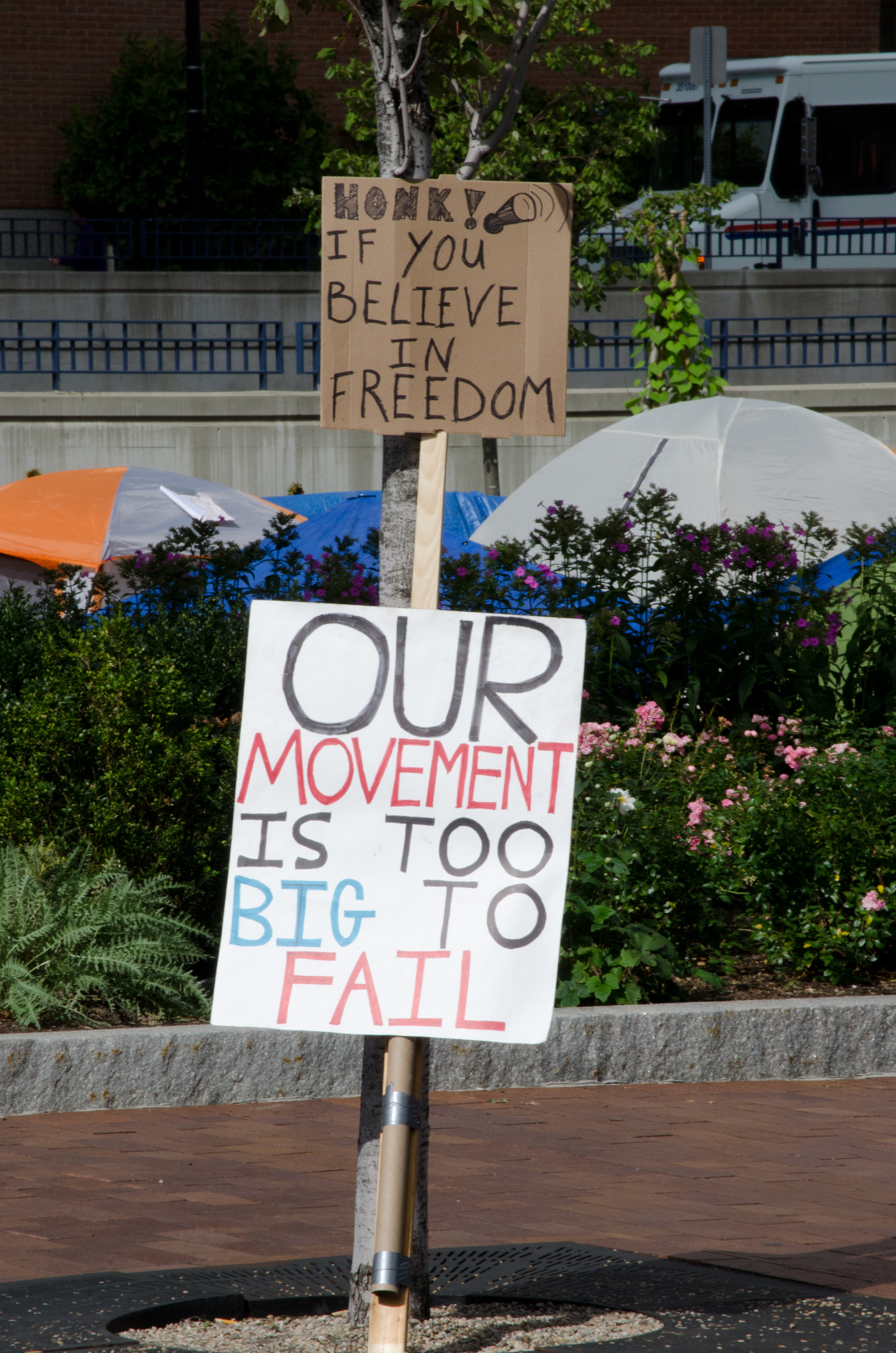Today, Thanksgiving Day, 2011, we are thankful that we did not grow up in a country that deals daily with armed conflict on its own territory. We are glad that we have been sheltered from bombs, terror, and torture.

We also are thankful to be activists during an era when activism is growing around the world–activism aimed at ending economic inequality, social injustice, and costly and wasteful wars. We are grateful for the U.S. Bill of Rights and Constitution that protect our rights to activism and free speech.
We are thankful to be part of the 99% who are recognizing that we can have a voice, that we need to speak out against those members of the 1% who have gained so much control over the lives of ordinary peace-loving, justice-seeking people around the world.
We feel a rush of happiness seeing a police captain join the Occupy Wall Street movement and speak out against ruthless militarism in fellow wearers of the badge. (See story and video about retired Philadelphia Police Captain Ray Lewis arrested at OWS).
We feel pride and intensified optimism when we hear a veteran speak out against the tragic wars in Iraq, Afghanistan, and elsewhere. For example, see the great new essay by Ross Caputi, a frequent contributor to this blog.
Please join us in being grateful for all people of conscience who resist war and other forms of inhumanity. Enjoy the celebration on this video or this one.
And check out the New York Times article about the benefits of gratitude, including mention of a research study showing “…that feeling grateful makes people less likely to turn aggressive when provoked…” Perhaps gratitude provides a path to world peace.
Finally, we are grateful for you, dear readers of Engaging Peace, for your comments, your stories, your commitment to peace in your own lives and work.
Please submit your own comments about what you are grateful for this Thanksgiving Day.
Kathie Malley-Morrison, Professor of Psychology, and Pat Daniel, Managing Editor of Engaging Peace



